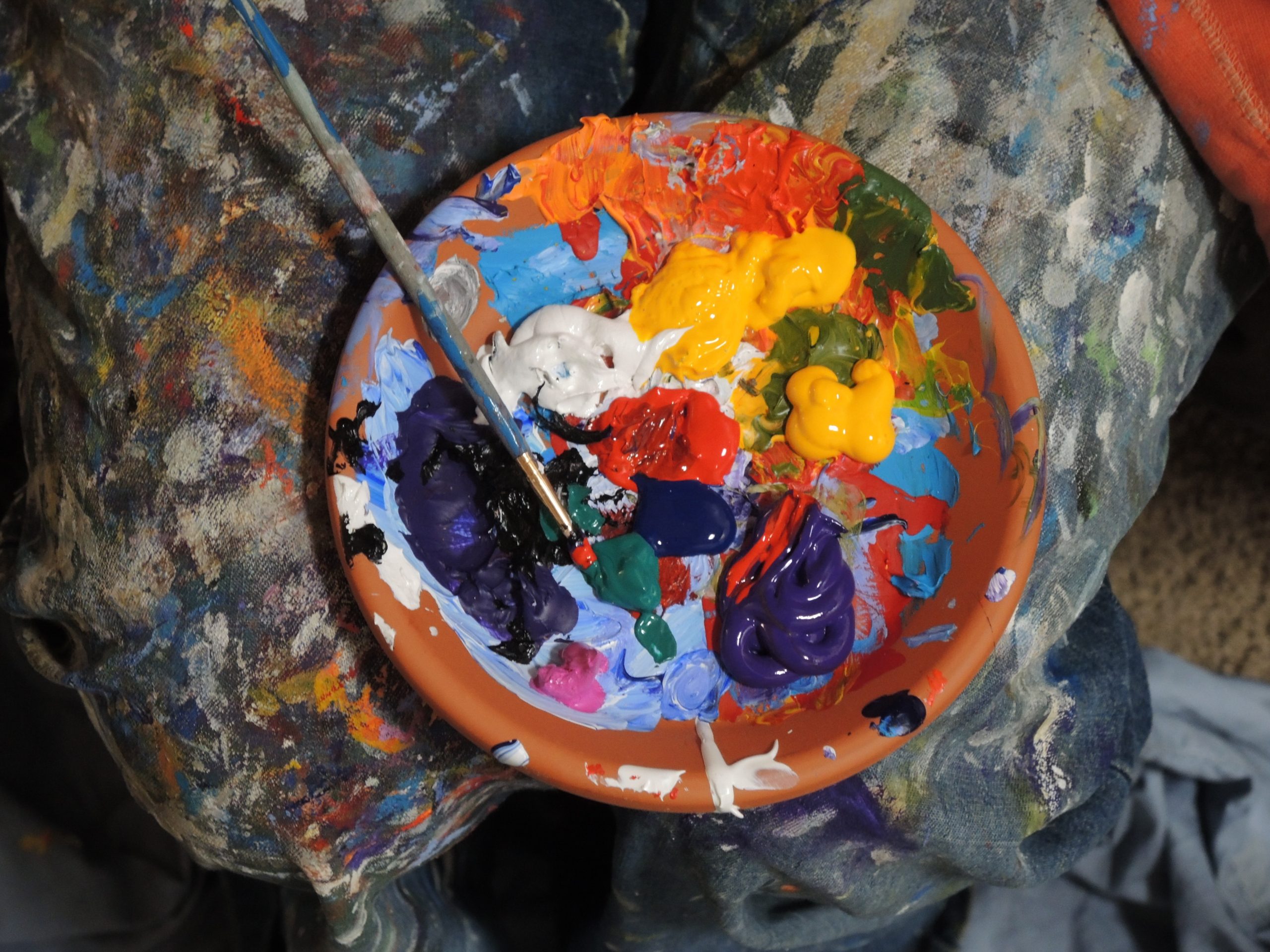Do you wish you were more creative? Unfortunately, researchers suggest that many of us carry shame wounds from our school experiences related to creativity that means as adults we are convinced we just don’t have the talent to be creative. But with the growing desire in workplaces for innovation and creativity, where does this leave you if you’re convinced creativity is simply not your strength?
The good news is that researchers have found that creativity is not simply something you are born with or without. The bad news may be that far from being the clear-cut, step-by-step process it was once thought to be, it appears that creativity – even at the genius level – is a messy business.
“Creative people tend to prefer ambiguity, and have a high tolerance for disorder and disarray, and a willingness to take risks,” said Professor Scott Barry Kaufman, from the University of Pennsylvania, and a leading author on the creative mind when I interviewed him recently. “When you’re being creative you’re blending together different elements and ideas in unusual and unconventional ways. This makes creativity a messy and complex business.”
For example, recent neuroscience research is finding that creativity is much more complex than the right-brain (creative) versus left-brain (analytical) distinction used in the past. Instead it appears that when you’re engaged in a creative activity your brain lights up in areas that are typically at odds – associated with focus and control, as well as imagination and spontaneity – across what is known as the default mode or imagination network.
And while some researchers suggest that experiencing positive emotions will help you to think more creatively, Scott and other researchers suggest that when it comes to creativity, less important than the type of emotions you’re experiencing may be the motivational intensity of the emotions of you’re experiencing. For example, studies have found that feeling calm or sad lowers your motivational intensity and helps you to see the big picture and broadens your levels of creativity, whereas desire or anger increases your motivational intensity and narrows your focus to make a new idea a reality. Of course, both states contribute to creativity.
As a result, Scott has found that it’s the degree to which you’re open to the full breadth and depth of your emotions that leads to creativity. “Being open to all your experiences with a desire to explore your inner and outer worlds with curiosity and wonder, has been found to be the number one predictor of creativity,” advises Scott. “Especially when this involves stepping outside of your comfort zone.”
While this may require you to get a little uncomfortable and messy, the rewards can be worth it, with studies suggesting – you’re more likely to be open-minded, energetic, curious, persistent, and have a greater sense of personal growth and satisfaction. Thus Scott suggests trying to improve your creativity at work by:
- Getting comfortable with ambiguity both within yourself, and in others. Creative people enjoy mixing and matching opposing aspects of themselves to create a complex, harmonious self. So rather than being concerned with the contradictions of your actions and wondering if you’re a good person or a bad person, try to accept that acting in divergent ways is part of the human experience. When you’re open to different perspectives and ways of being, and you’re constantly integrating new information into an ever-evolving complex self, then you can become closer and closer to being your best self.
- Being open to your experiences by constantly questioning and being curious about the full range of your inner thoughts and emotions, as well as what’s happening in your outer world. Practicing a form of mindfulness, such as open monitoring meditation that opens you up to experiencing any thoughts or emotions as they can be more conducive to divergent thinking and creativity, rather than a practice that focuses your attention on returning to your breath. Write with your other hand. Moonwalk backwards on your way to work. Eat something new for lunch. Smile at strangers. Be weird. With your brain re-shuffled you’ll be in a better position to be creative.
- Finding moments of awe by indulging in experiences that inspire you, lift you above the mundane, where you lose the sense of time and yourself, feel small and humbled and at the same time connected to something vast, and greater than yourself. It might be taking in the natural scenery, an inspiring piece of music or art, a powerful leader, witnessing someone do something of great virtue, or having opportunities for people to show their best selves or perform prosocial acts. These moments can increase your sense of connectedness with others around you, allow you to see more possibilities, and engage you in the creative process.
What can you do to get a little messy and heighten your creativity?
Originally published at Psychology Today
